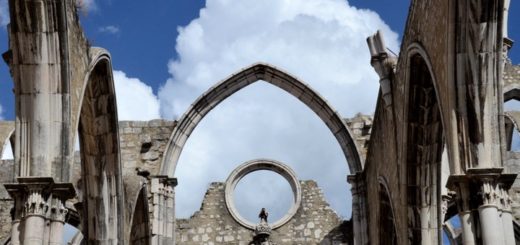Speaking to LGBT people, Bishop Semeraro said: “We accept you as brothers and sisters in Christ. This is a seal of truth that nobody can deny”
This article was written by Luciano Moia and was published on the Catholic newspaper “Avvenire” (Italy) on 9 September 2018, p.19
Marcello Semeraro, Bishop of Albano and Secretary of the Council of Cardinals (The C9, Council of the nine cardinals created five years ago by Pope Francis), has met with over 200 people at the National Forum of LGBT Christians, which was held in Albano, near Rome. He reminded the National Forum of LGBT Youth that the Church’s task is to leave nobody out, but added that there are still many issues to address.
He continued: “You are a Christian group and that entitles you to be brothers and sisters. In the fourth century AD, Paciano of Barcelona wrote: “Christian is my name”. This encourages all Christians to call each other by their name. And this entitles me to call you brothers and sisters. This is an eternal truth, this is the truth of baptism that put upon us the seal of kinship that nothing, not even sin, will ever be able to spoil.” These extracts from the long and warm-hearted keynote speeches given by the bishop encouraged us to focus on the fact that we are all Christians, regardless of whether we are “LGBT” or not.
Many young people, along with parents and pastoral workers, were looking for words that offer comfort in situations that are neither simple nor straightforward. Priests and educators have been attentive in the efforts to make the apostolic exhortation Amoris Laetitia come true. The words in this exhortation underline how necessary it is to offer homosexual people “the necessary help to understand and fulfil God’s will in their life”.
All of the speeches given at the Forum underlined the urgent need for a deeper understanding of anthropological, biblical and theological aspects of homosexuality. Semeraro reiterated the importance of inclusive teaching, rather than the efforts of individual communities that promote and carry on inclusivity almost underground; he said that this will help to protect LGBT Christians from the attacks of those who feel outraged and cry scandal. He also underlined the opportunity that Christian communities have to welcome and fully acknowledge the personal dignity of the children of God in various practical ways, without forgetting to distinguish.
As he sought to make these points, the Bishop of Albano was aided by a document sent to the Secretary of the Synod by a group of young LGBT Christians. They expressed a hope that the Church will be closer to LGBT people in future, and they asked the Church to keep reflecting on how best to assist young people who enter same-sex relationships and still be part of the Church. Semeraro noted how these young people often feel hurt, but added: “Those of us whose role it is to walk with you and to support you feel hurt as well“. He suggested that fragility can help people to discover tenderness, solidarity, and awareness of their limits.
Daniela Di Carlo, a Waldensian minister from Milan, talked about the need to revisit theology. She explained that the Christian vision is not compatible with any kind of exclusion, nor is it compatible with putting sexuality and love aside, as if those two aspects did not belong to a person.
Cristina Simonelli, President of Italian Female Theologians, agreed, and lamented that theology is too lukewarm. She talked about “omissions of moral theology” and discussed exegetic theology which, in her opinion, has for too long failed to explore sexuality and has repeated ideas that epitomise an internalised fear of sex. She said it is good to talk about chastity, but in a balanced way, not only preaching abstinence, but asking for gentleness and respect in the relationship. “We need the Church to clean its memory, because too many gay people feel disregarded, offended, or they are forced to hide because they are unappreciated in their church environment“.
The Forum began with a video greeting from Father James Martin, a Jesuit who writes for the magazine America, and other testimonies from the Methodist preacher Greetje Van der Veer, the Community of the Regina Pacis parish (Reggio Emilia) and the Community of the Dominican Sisters Unione San Tommaso in Florence, which has hosted the LGBT group Kairos for ten years.
Everyone hoped for a positive change in the pastoral practices of the Church, leading to an inclusive outlook that reflects the blessing of God.
Italian text: Per una pastorale inclusiva. «Lgbt? Per accogliervi conta che siate cristiani»






